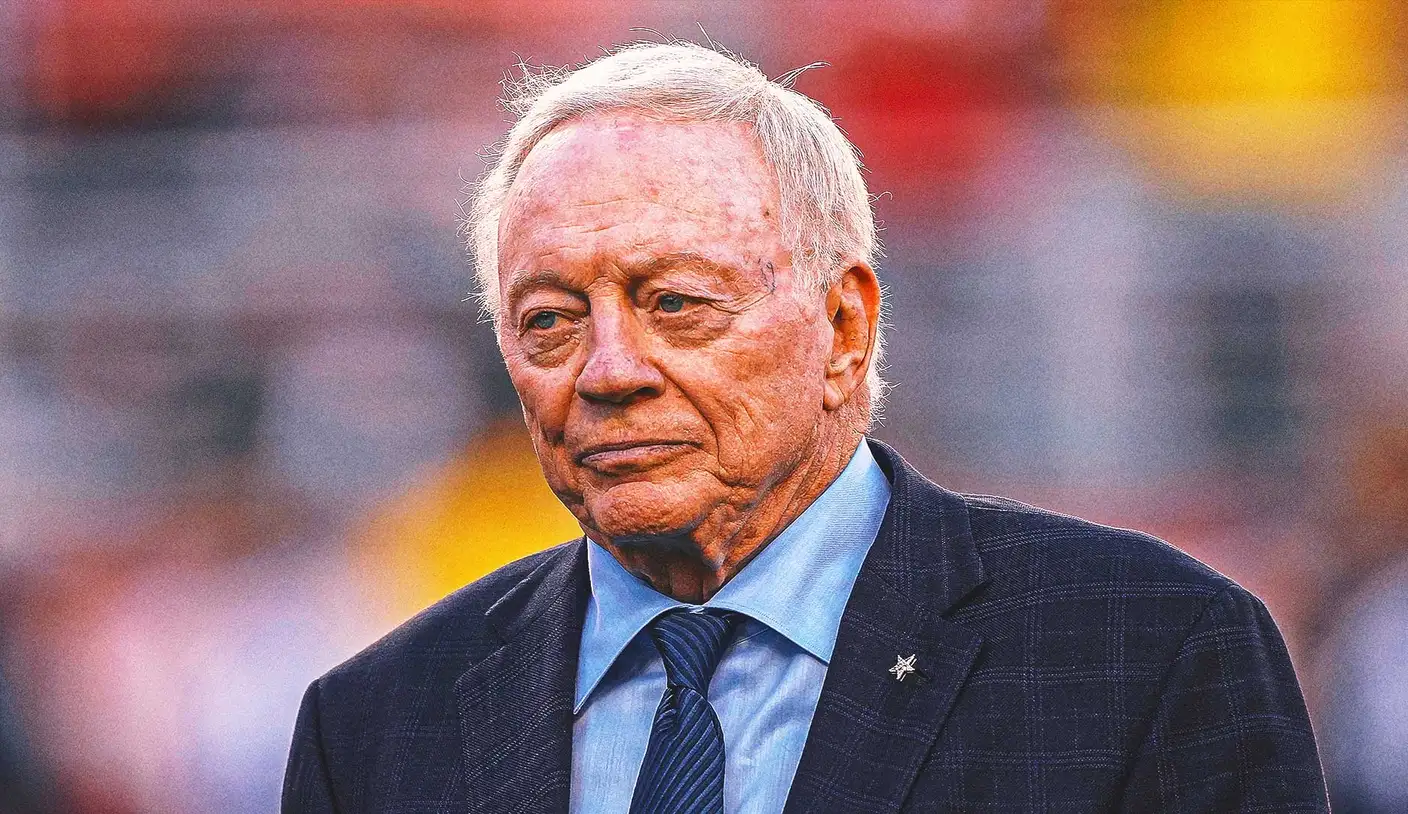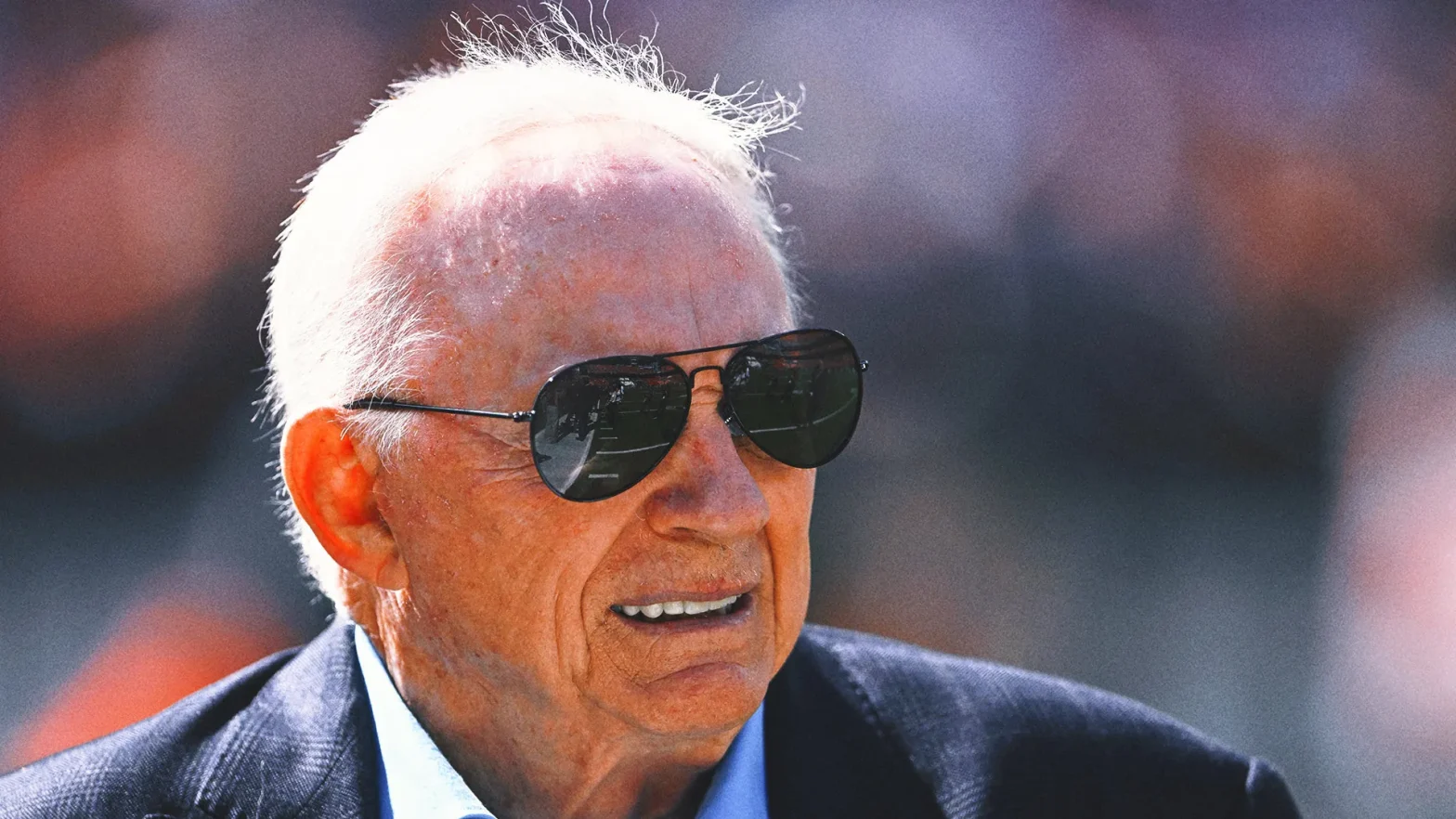The Dallas Cowboys’ 1-2 start to the season has sparked criticism from fans, with over 70% blaming owner and general manager Jerry Jones, according to a WFAA-TV poll. Jones responded on a local radio show, acknowledging that he has ultimate control over decisions made for the team, from coaching to player personnel and the stadium itself.
He recognized that fan frustration is understandable, especially given the Cowboys’ 28-year Super Bowl drought, but also defended the team’s collaborative decision-making process.
Jones has long faced criticism when things go poorly for the Cowboys, especially since he became owner and general manager in 1989. Reflecting on his early years with the team, Jones recalled the backlash he received when he replaced legendary coach Tom Landry, leading to just one win in his first season.
He noted that fan emotions surrounding the Cowboys are intense, whether fans support or root against them. Jones also expressed that criticism motivates him and reminds him of the ultimate goal: winning championships.

The Cowboys’ early-season struggles can be attributed to two key areas: run defense and their own running game. They are currently last in the league in run defense, allowing nearly 186 yards per game, with much of that damage coming in the last two games. Their offensive running game is also one of the worst in the league, ranking 30th, with wide receiver CeeDee Lamb’s 12-yard run being the team’s longest so far.
Despite these issues, Jones defended the talent on the roster, stating that the team still has the potential to improve and become more coordinated. He believes the Cowboys can address these shortcomings by working together more effectively across all areas—defense, offense, and overall team coordination. Although the team isn’t performing at its best, Jones remains optimistic that they can turn things around and reach their full potential.
Looking ahead, Jones stopped short of labeling the Cowboys’ upcoming game against the New York Giants as a “must-win.” While he acknowledged the importance of divisional games, he stressed that with 17 games in the season, every possession and every game is crucial.
Rather than fixating on one game, Jones emphasized the importance of focusing on each play and making the most out of every opportunity, believing that this approach will lead to better results.
